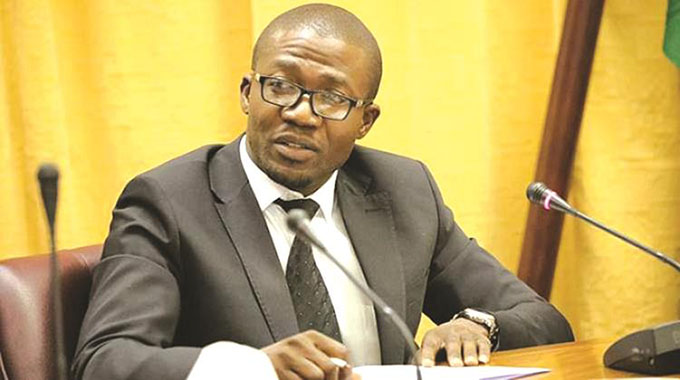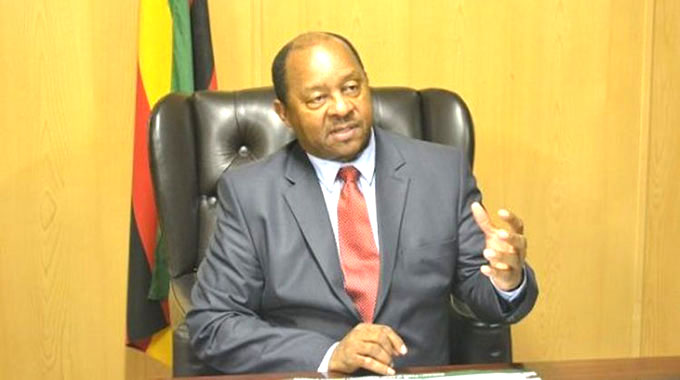Vic Falls still flowing: Minister

Nqobile Tshili Bulawayo Bureau
VICTORIA Falls is flowing throughout the year despite the devastating effects of climate change affecting the country and the tourism sector, a Cabinet minister has said.
Environment, Climate, Tourism and Hospitality Industry Minister Mangaliso Ndlovu said this during a United Nations Climate Change Conference held in Madrid, Spain.
He said the international media had misinformed the world that due to climate change, the Victoria Falls was drying up.
“The tourism sector has not been spared from the climate change impacts as observed by increasing wildlife mortality due to reduced habitat, feed stock and water availability,” said Minister Ndlovu.
“However, the Victoria Falls has not been much affected due to its expansive catchment, hence water is still flowing across the falls all year-round contrary to misinformation by some sections of the media.”
The African Travel and Tourism Association (ATTA) has also dismissed the drying up fears of the Victoria Falls.
ATTA, just like the Minister, criticised what it described as “sensational” recent media reports for lacking an appreciation of historical seasonal patterns and changes in the water flow and its levels.
Minister Ndlovu said climate change was affecting socio-economic development of the country as persistent droughts and floods were disrupting livelihoods.
“This year alone, Southern Africa was ravaged by devastating Cyclone Idai which left thousands dead, injured or displaced with a trail of infrastructure destruction in parts of my country, Zimbabwe, parts of Mozambique and Malawi,” he said.
“This clearly demonstrates our high level of vulnerability.
“As I speak, we are still trying to recover from the disaster and the cost of reconstruction and recovery is estimated to be about US$600 million according to the World Bank and my Government’s rapid impact and needs assessment.”
He said climate change affected the country’s agricultural sector, impacting negatively on the country’s industrial sector which gets 60 percent of its raw materials from agriculture.
Minister Ndlovu said climate change resulted in the country heavily depending on environmental unfriendly and unsustainable thermal power for electricity as opposed to hydro power stations due to depleting water levels at Kariba Dam.
The Government, he said, was committed towards protection of the environment by coming up with policies which will reduce emissions by 33 percent by 2030.
“This target is envisaged to be met through renewable energy utilisation, energy efficiency and climate smart agriculture interventions,” said Minister Ndlovu.











Comments